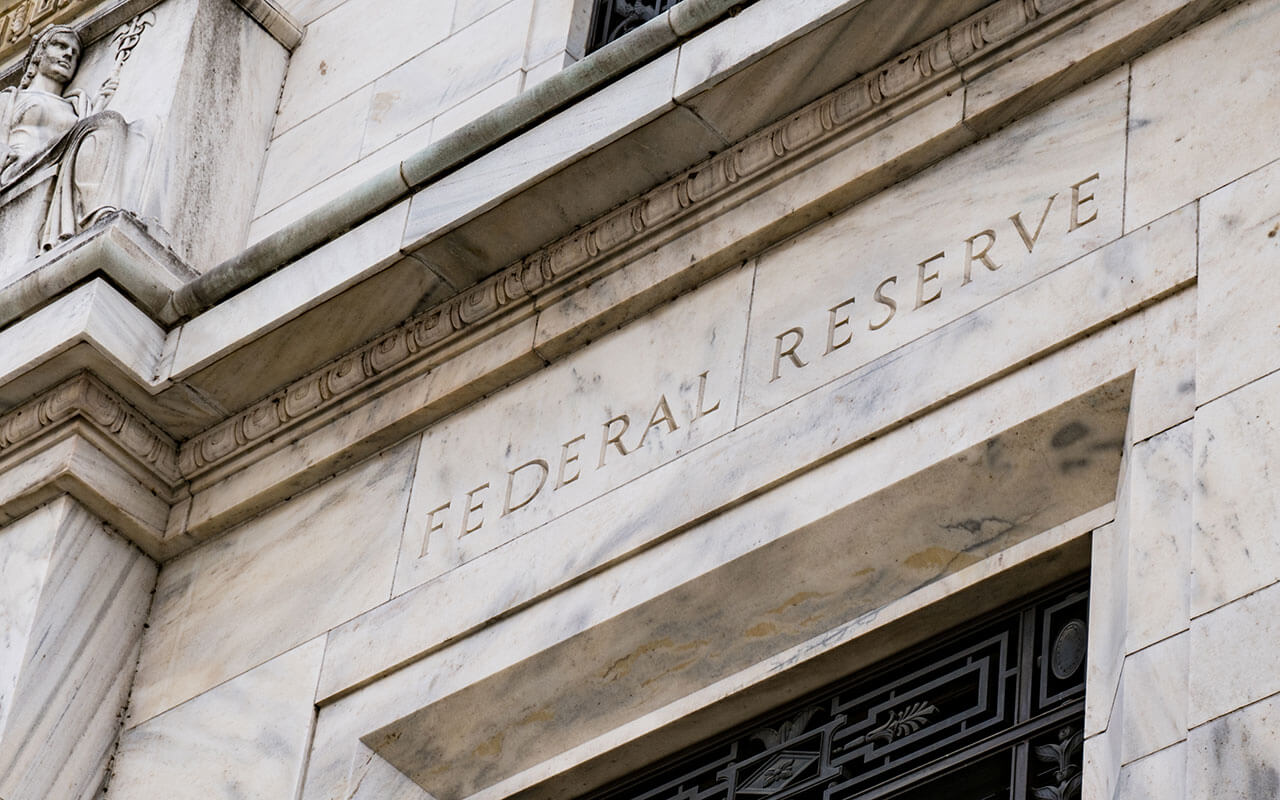Market Conditions Point to Rate Cuts, Says Tom Lee
13.03.2025 21:00 2 min. read Alexander Zdravkov
Investor Tom Lee has expressed his belief that the market's reaction to the Trump administration’s tariffs was overly dramatic.
In a recent interview with CNBC, Lee noted that the U.S. Federal Reserve is now positioned to lower interest rates, with inflation pressures showing signs of easing. He highlighted that the chances of a rate cut in May are rising, with predictions suggesting a 33% probability of a 0.25% reduction.
Lee also mentioned the concept of a “Trump put,” implying that the government may step in to stabilize markets if needed. He pointed to a recent incident where Tesla’s stock plummeted, only for Trump to comment on the situation, hinting at potential intervention in the future.
Turning to the stock market, Lee sees significant opportunities in undervalued stocks, particularly those that have experienced sharp declines. However, when it comes to cryptocurrencies, Lee cautioned that assets like Bitcoin may not be shielded from broader market volatility. He referenced technical analysis predicting a potential dip to $62,000 for Bitcoin by the end of March.
Despite this, Lee remains optimistic about Bitcoin’s long-term value, emphasizing that even at $62,000, Bitcoin has shown remarkable growth from its humble beginnings. He believes that Bitcoin’s role as a store of value, akin to gold, will continue to strengthen over time, even if it faces challenges in the short term.
-
1
Key U.S. Economic Events to Watch Next Week
06.07.2025 19:00 2 min. read -
2
Gold Beats U.S. Stock Market Over 25 Years, Even With Dividends Included
13.07.2025 15:00 1 min. read -
3
U.S. Announces Sweeping New Tariffs on 30+ Countries
12.07.2025 16:30 2 min. read -
4
US Inflation Heats Up in June, Fueling Uncertainty Around Fed Cuts
15.07.2025 16:15 2 min. read -
5
U.S. National Debt Surge Could Trigger a Major Crisis, Says Ray Dalio
26.06.2025 10:00 1 min. read
US Inflation Heats Up in June, Fueling Uncertainty Around Fed Cuts
U.S. inflation accelerated in June, dealing a potential setback to expectations of imminent Federal Reserve rate cuts.
Gold Beats U.S. Stock Market Over 25 Years, Even With Dividends Included
In a surprising long-term performance shift, gold has officially outpaced the U.S. stock market over the past 25 years—dividends included.
U.S. Announces Sweeping New Tariffs on 30+ Countries
The United States has rolled out a broad set of new import tariffs this week, targeting over 30 countries and economic blocs in a sharp escalation of its trade protection measures, according to list from WatcherGuru.
Key U.S. Economic Events to Watch Next Week
After a week of record-setting gains in U.S. markets, investors are shifting focus to a quieter yet crucial stretch of macroeconomic developments.
-
1
Key U.S. Economic Events to Watch Next Week
06.07.2025 19:00 2 min. read -
2
Gold Beats U.S. Stock Market Over 25 Years, Even With Dividends Included
13.07.2025 15:00 1 min. read -
3
U.S. Announces Sweeping New Tariffs on 30+ Countries
12.07.2025 16:30 2 min. read -
4
US Inflation Heats Up in June, Fueling Uncertainty Around Fed Cuts
15.07.2025 16:15 2 min. read -
5
U.S. National Debt Surge Could Trigger a Major Crisis, Says Ray Dalio
26.06.2025 10:00 1 min. read

